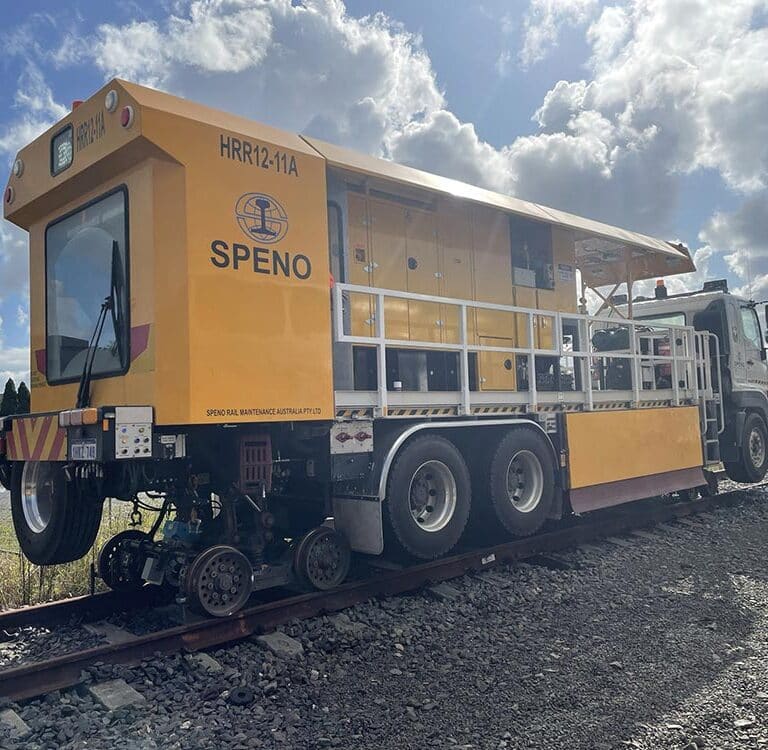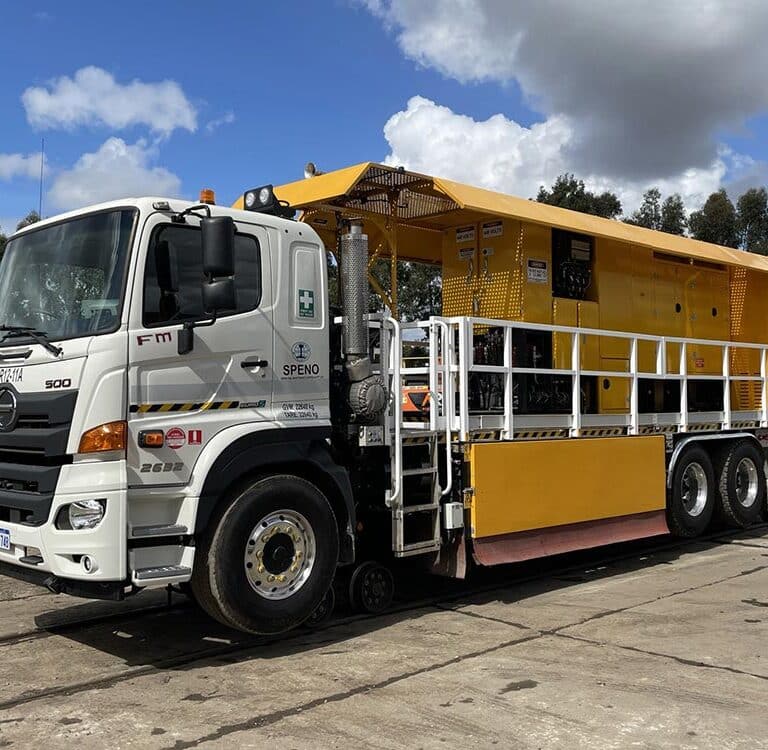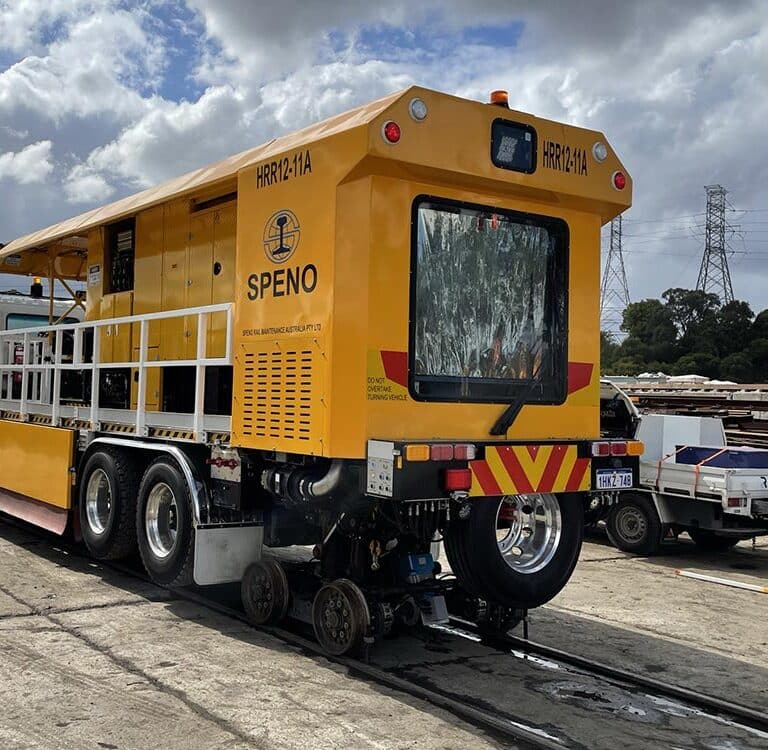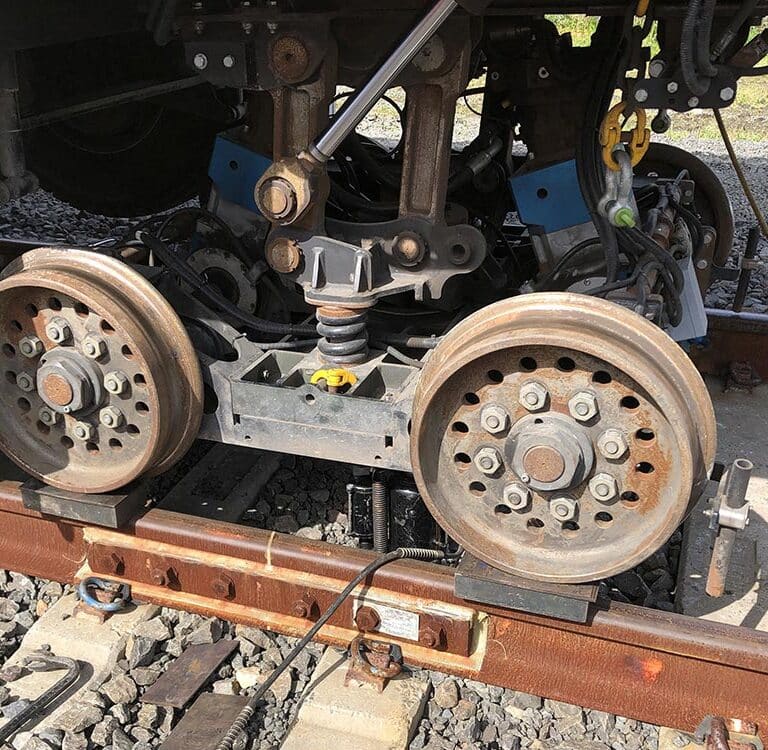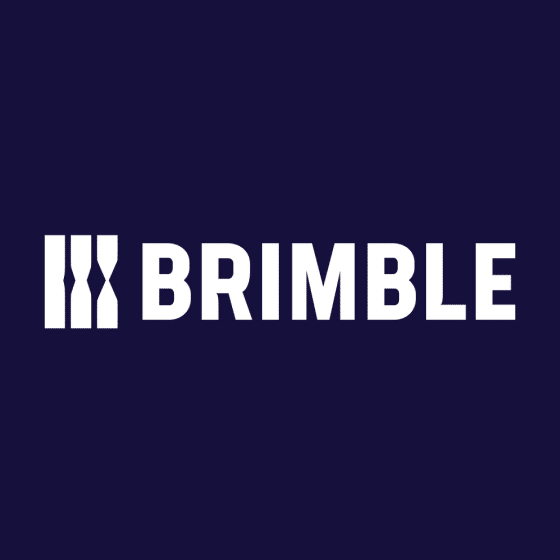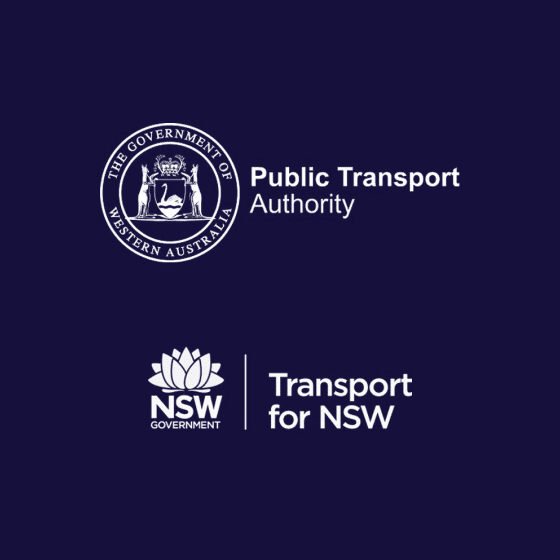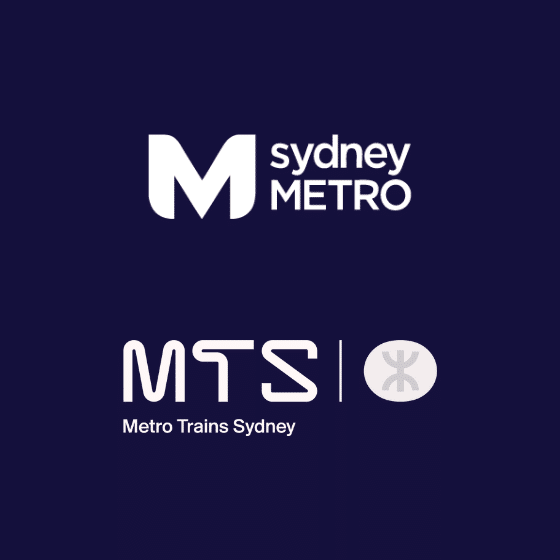We conducted interface compliance assessments and registered a specialised RRV on multiple rail networks, according to AS7501 acting as an ICP.
- Rail Confidence performed interface compliance assessments according to various network requirements (TfNSW, ARTC, SMCSW).
- We assessed the vehicle statically and dynamically to confirm the ability to safely negotiate various networks.
- We reviewed and endorsed the structural analysis performed on the rail guidance equipment, wheels, axles and chassis of the vehicle to the design requirements specified in AS7502:2016.
- We liaised with relevant network contacts to progress and finalise registration of the vehicle for operation.
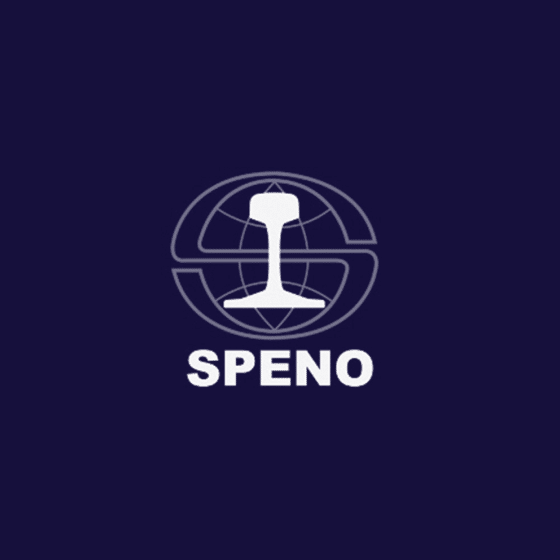



What we did
Rail Confidence mobilised at short notice and worked with the client to access the vehicle without disrupting existing delivery commitments.
We were able to successfully register the new vehicle on multiple networks to allow the client to commence revenue service.
We provided assurance on the safety and behaviour of the vehicle.
Specific competencies:
- Utmost respect and appreciation for network safety and process
- Industry regulations, safety standards, and compliance requirements
- Vehicle dynamics and performance
- Rolling stock design standards
- Network interface requirements
Technologies utilised:
- Specialised lifting equipment
- Mobile, in-track weighbridges
- Laser measurement survey device and associated custom data processing program to assess vehicle compliance to various nominated static outline gauges
- Instrumentation to undertake dynamic testing including data logging, accelerometers, and GPS positioning
This project was conducted by Steve Muscat, Jeremy Kelly, Brendan Johnson, Louis Papalia and Stuart Brown.



How we did it
Rail Confidence is extensively experienced in the registration requirements for rail networks around Australia. We were able to quickly identify relevant interface compliance assessments and supporting documentation required to achieve registration on the nominated networks.
We then worked with the client to undertake the necessary static and dynamic interface compliance assessments and compile relevant registration documentation.
RCPL has all the relevant testing and engineering resources in-house to complete all registration requirements for the client without the need for them to engage multiple parties.
We developed rigorous compliance documentation to capture evidence throughout the design, construction and testing phases of the vehicle.
A compliance plan was created that is a clause-by-clause table of the requirements defined in the standards and justifies how the vehicle is compliant. It also captures deviations that are to be rectified or considered during registration on the network.
This documentation becomes an asset that follows the vehicle as it accesses respective networks. It assures compliance for the operator and the network manager. It also acts as a form of insurance should an incident happen on the network, as it easily demonstrates that a vehicle was compliant with the network conditions. For an incident to occur, it would likely be a result of external factors independent of the vehicle.



The outcome
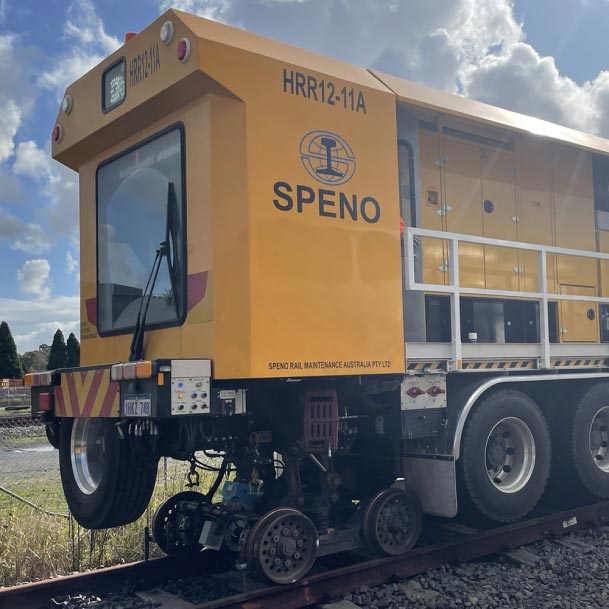
We were able to successfully register the new vehicle on multiple networks to allow the client to commence revenue service.
Documentation and test activities from this project are now being used to assist in the registration of this vehicle on additional networks around Australia.
We provided assurance to the vehicle owner and network managers.
The vehicle can safely interact with the network with minimal impact to the community.
We acted as a recognised ICP for a number of networks.
